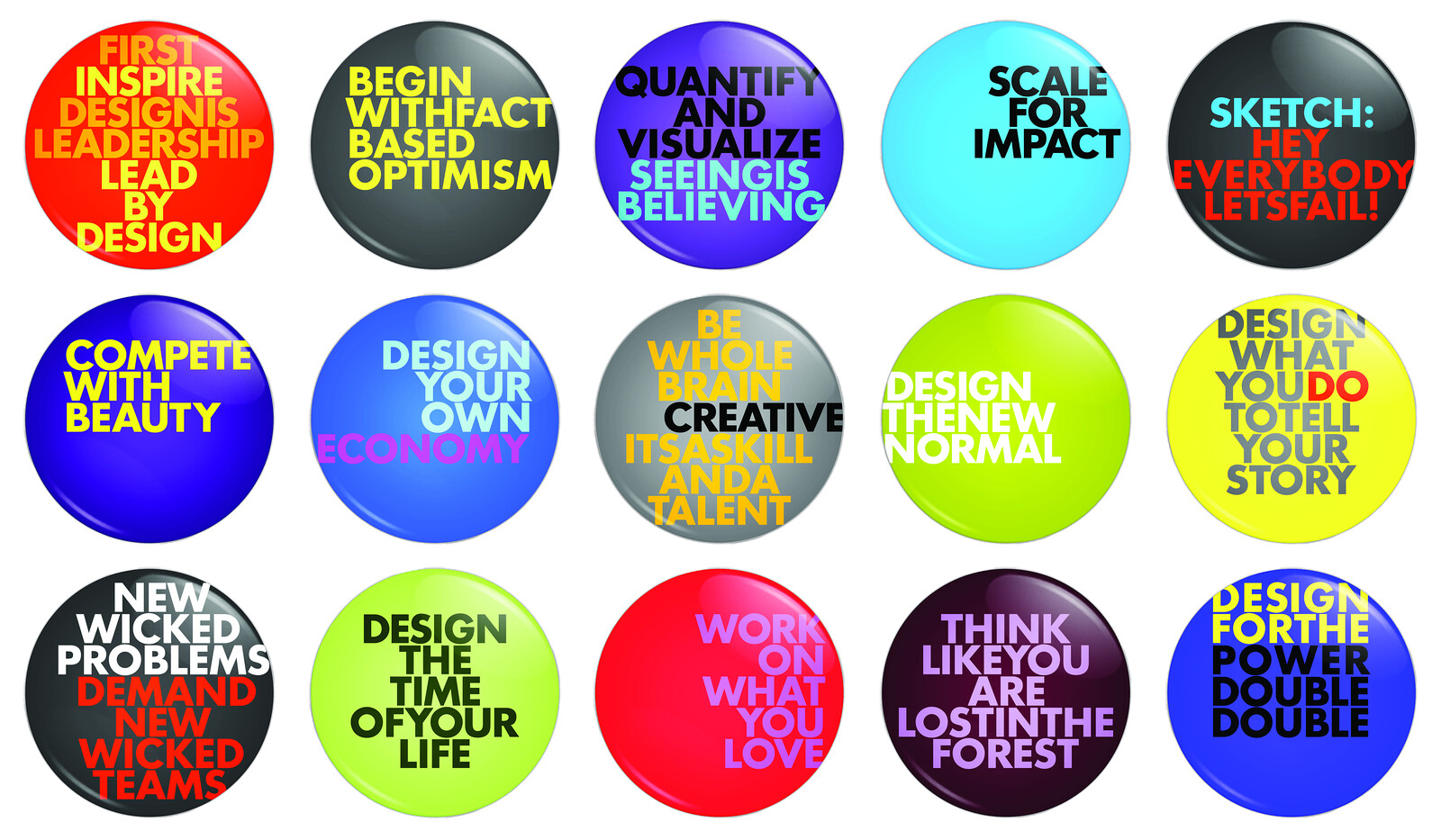November 21, 2015–April 3, 2016
2600 Benjamin Franklin Parkway
Philadelphia, Pennsylvania 19130
USA
Hours: Friday 10am–8:45pm,
Saturday–Monday 10am–5pm
T +1 215 684 7860
pressroom@philamuseum.org
The Philadelphia Museum of Art presents an exhibition celebrating the achievements of a renowned designer and author. Work on What You Love: Bruce Mau Rethinking Design encompasses a wide range of innovative work, from book and branding designs to strategies for countries, corporations, and universities, as well as collaborations with filmmakers, artists and writers. It is the first exhibition to explore Mau’s provocative and influential design thinking, focusing primarily on the last ten years and including current projects along with others based on his work as creative director of Bruce Mau Design (1985–2010). In conjunction with the exhibition, Collab—the Museum’s friends group for modern and contemporary design—will present Mau with its Design Excellence Award on November 20, 2015.
The exhibition focuses on key design principles that Mau created for his consultancy, Massive Change Network, which he founded in 2010. These principles, 24 in total, offer a kind of working toolbox, intended to demonstrate the power of design to generate positive change in any arena. Nine of them are examined in the exhibition, illuminating Mau’s thinking in the form of graphics, objects, videos, and digital interactives.
Mau’s principle “First Inspire: Design is Leadership, Lead by Design” is represented by examples of his work with an interdisciplinary design program he founded in concert with the School of Design at Toronto’s George Brown College.
The principle “We Are Not Separate from or Above Nature” is reflected in technical drawings, concept books, and architectural photography from his program development for Biomuseo, the Museum of Biodiversity in Panama City. The materials on display show how Mau conceived the new interpretive galleries in the building created by architect Frank Gehry. This section will come to life through a multimedia panorama that tells the story of Panama’s rich biodiversity.
Mau’s “Design the Invisible” principle is highlighted by the “Live Positively” global sustainability platform for Coca-Cola International (2009) and Coca-Cola’s collaboration with Pennsylvania-based furniture company Emeco. Manufactured out of upcycled plastic bottles, Emeco’s Navy 111 chair composed of 111 Coke bottles, is surrounded by production photography, video, animation, and other materials conceived for the project.
The exhibition will also debut a model and prototype drawings demonstrating the principle “Design the Platform for Constant Design,” and Mau’s ongoing collaboration with Freeman, a leading international event production company for art fairs and trade shows.
Mau’s work in Guatemala showcases his principle, “Begin with Fact-Based Optimism,” and will include video documentation of his “¡GuateAmala!” project as well as the “Culture of Life” campaign.
The power of design from a purely aesthetic standpoint is featured in a grouping of works illuminating Mau’s “Compete with Beauty” principle. Work from his annual report for the Austrian lighting company Zumtobel is exhibited alongside a related series of glass objects and prints.
Almost 200 books mounted on the entry wall convey the broad range of Mau’s innovations in book design over the past thirty years. Included are publications that Mau has designed or authored in collaboration with artists, architects, art galleries, and museums, from architects Rem Koolhaas and Frank Gehry, to Gagosian Gallery in New York and the Getty Research Institute in Los Angeles. Award-winning volumes include S, M, L, XL (The Monacelli Press, 1997), Life Style (Phaidon 2005), and Massive Change (Phaidon, 2004), as well as the celebrated Zone Books series (1985–present).
Finally, to demonstrate the principle “Quantify and Visualize: Seeing is Believing,” Mau will introduce the design of Personal BlackBox. The display will include a “Digital Mirror” designed to reveal how much of any individual’s personal data can be made available on the web. Personal BlackBox refers to an enterprise wherein personal data can be protected and managed by the individual.
Curator: Kathryn Bloom Hiesinger, The J. Mahlon Buck, Jr. Family Senior Curator European Decorative Arts after 1700


